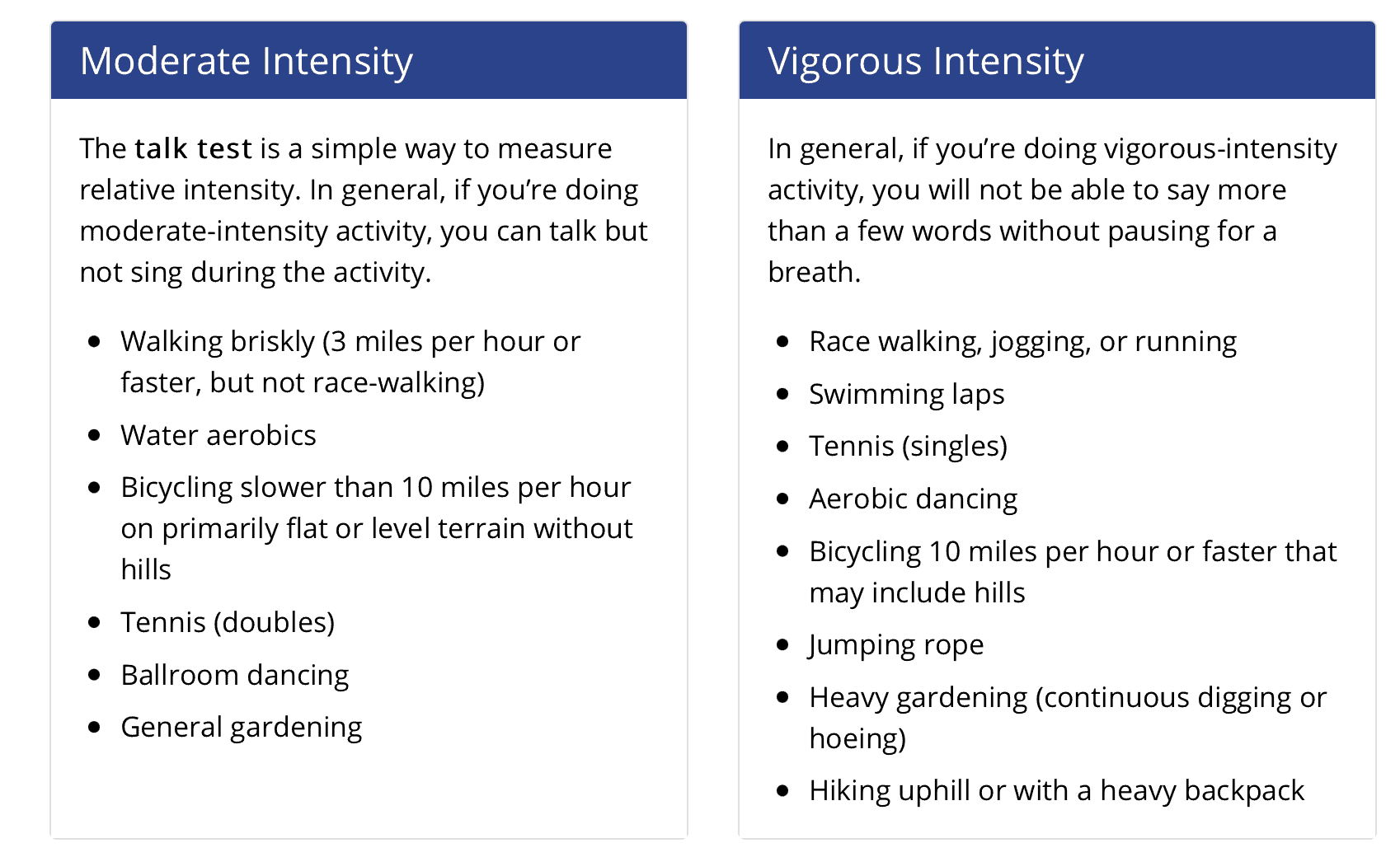This Dr. Axe content is medically reviewed or fact checked to ensure factually accurate information.
With strict editorial sourcing guidelines, we only link to academic research institutions, reputable media sites and, when research is available, medically peer-reviewed studies. Note that the numbers in parentheses (1, 2, etc.) are clickable links to these studies.
The information in our articles is NOT intended to replace a one-on-one relationship with a qualified health care professional and is not intended as medical advice.
This article is based on scientific evidence, written by experts and fact checked by our trained editorial staff. Note that the numbers in parentheses (1, 2, etc.) are clickable links to medically peer-reviewed studies.
Our team includes licensed nutritionists and dietitians, certified health education specialists, as well as certified strength and conditioning specialists, personal trainers and corrective exercise specialists. Our team aims to be not only thorough with its research, but also objective and unbiased.
The information in our articles is NOT intended to replace a one-on-one relationship with a qualified health care professional and is not intended as medical advice.
10 Minutes of Exercise a Day Could Save Your Life If You’re 40+
February 8, 2022

Can 10 minutes of exercise a day really have an effect on longevity? It can be difficult to discern what advice is right these days.
Exercise science is a relatively young field. That’s why it feels like every day there’s a new study telling us how to work out for better health:
- “You need to walk 10,000 steps a day.”
- “You don’t need to walk 10,000 steps a day.”
- “Exercise before breakfast!”
- “High-intensity interval training is best!”
We’re so bombarded with fitness advice on a daily basis. It’s no wonder many of us fall victim to “analysis paralysis.” We’re so busy overthinking our workouts, we never actually get moving.
New research released by the National Cancer Institute and the U.S. Centers for Disease Control and Prevention in January 2022 offers some great motivation — while keeping things simple. How simple? How about just 10 minutes of exercise a day?
Study Findings
There are lots of studies looking at how adding a half hour or more of exercise daily can reduce the risk of premature death, but this first-of-its-kind study aimed to find out if relatively modest bouts of exercise daily — as small as 10 minutes a day — could help adults live longer.
For the study, researchers analyzed data from nearly 5,000 study participants involved in the National Health and Nutrition Examination Survey. They specifically looked at physical activity levels of people ages 40 and older.
Importantly, the exercise activity of each person used in this study was measured by a device — and not self-reported. (Sometimes people overestimate the amount or intensity of their workouts when reporting their own results.)
As in all well-designed studies, scientists made adjustments to factor other things that could influence findings, including smoking status, alcohol use, BMI, ethnicity, race and more. Even after all of that, they discovered that just 10 minutes of moderate to vigorous exercise a day could produce profound effects.
In fact, 10 minutes of exercise a day could save an estimated 110,000 lives a year in the United States. That’s a nearly 7 percent decrease in the number of deaths per year.
Adding 10-minute additional increments also reduced the number of unnecessary deaths:
- 20 minutes of moderate to vigorous physical activity a day prevented 209,000 deaths, a 13 percent decrease in deaths per year
- 30 minutes of moderate to vigorous physical activity daily prevented 279,00 deaths, a nearly 17 percent decrease in deaths annually
What It Means
Information overload can sabotage efforts to exercise and maintain (or get to) a healthy weight. By keeping things simple and exercising at a moderate or vigorous pace for just 10 minutes a day, you can increase your odds of living longer.
Measuring Your Heart Rate to Hit Target Heart Rate
In order to know if you’re hitting the “moderate” or “vigorous” exercise levels, you’ll need to be able to estimate your target heart rate or learn how to use cues from your body.
To keep things simple, you can use the talk test to figure out if you’re hitting a moderate or vigorous heart-rate level.

Source: CDC
You can also use a perceived exertion scale or target heart rate and estimated maximum heart rate calculations to determine what moderate or vigorous movement is for you.
Of course, everyone is different, so walking briskly up a hill could be moderate for one person and vigorous for the next. Avoid comparing yourself with others, and focus on yourself. And then be proud of whatever movement you chose to hit your 10 minutes (or more!) of exercise.
For those looking for both low-impact exercise/sport yet still raising the heart rate, consider swimming or pickleball.
Conclusion
- It’s easy to get bogged down and demotivated when you’re trying to figure out the best way to get your physical activity in each day. There’s so much information out there!
- A landmark 2022 study provides inspiration to keep things simple, showing the benefits of 10 minutes of exercise a day.
- Just 10 minutes of moderate to vigorous physical activity a day can drastically lower the risk of early death in people 40+.
- Adding 10 minutes per day of physical activity can save the lives of more than 110,000 people annually. The number of deaths prevented rises to 209,000 a year with 20 minutes of daily, moderate to vigorous exercise and 272,000 with 30 minutes a day.
- There are a number of simple ways to figure to know if you’re hitting the moderate or vigorous heart-rate target. Figure out your range. Then, write it down on a note card or Post-it. Place it somewhere prominent in your home or workspace for inspiration.
- Incorporate movement that works for you — and what you enjoy! If you love being in nature, try to pair being outside with your workout or vigorous activity. If you love reading, try enjoying your book while walking on a treadmill, using an elliptical machine or arm cycling.
- Even on days when you’re “not feeling it,” still try to coax yourself into 10 minutes of brisk movement — this small thing could save your life.




